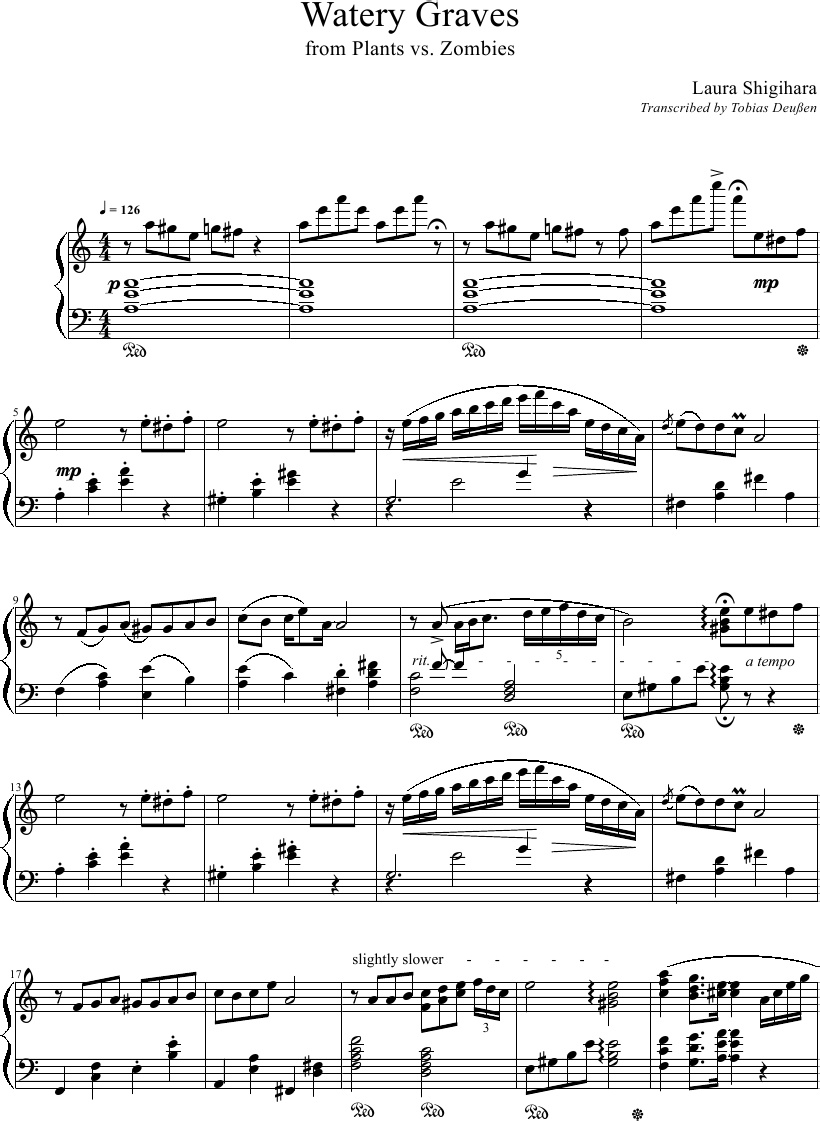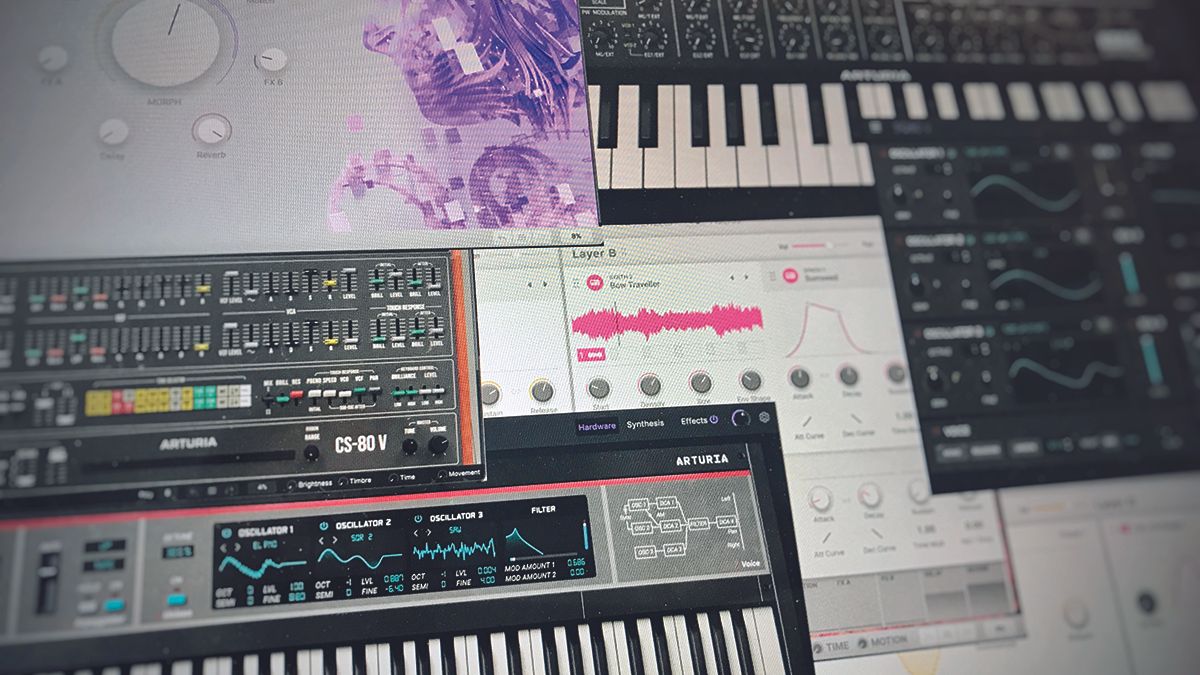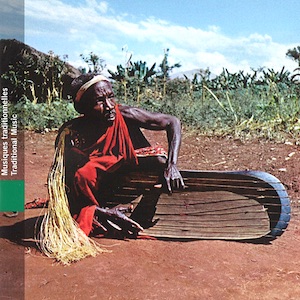

The sum must always be greater than that of all of it's parts. As soon as I am aware of my playing there is a problem. you try EASY (can't recall who i stole that from. But in my experience the harder you "try" to play great, the further away from it you end up. I mean everyone wants to be considered a great player. The difficult part is to remove the ego from it. I quite like the feel of that little piece to this day. as I started building it I felt that guitar would ruin it. I wrote it and intended for it to be a guitar piece. As far as an example of this there is a piece on my myspace page called "Brooding". My goal is always to try to make the music something I would want to listen to. When your head is on right it is ALL about the music. I couldn't possible articulate it better than Jonfinn did. (Even pitch is frequency - cycles per second.) It's a kind of language (with vocabulary, grammar and syntax), but its meanings are all bound up with time. It comes back to a very simple overview of the "big picture" - what music means and what it does.

Remembering that music doesn't "represent" anything but itself.) ("recreation" being "enjoyment" as well as "making again". I am also "representing" and "recreating" of course. When I play music, I am "presenting the present". "present" - "now", but also "gift" or "give". "maintenant" - French for "now", literally "hand-holding" "entertain" - literally, to "hold between" Plus, when the phrase is under way, maybe something else will happen, inspiring another thought, another direction.īut it's all about that tension between the immediate past and the immediate future, which suspends us in the present moment like nothing else. My ear is not perfect, and I can never predict exactly how a phrase is going to sound - and I like it that way. I even like to surprise myself when improvising (and I often do when I don't mean to:)). But once we improvise, then we are in control of the amount of surprise we can provide. Very little, perhaps, if we are playing a rehearsed composition, without improvising. As listeners, sometimes the music goes where we think it will, sometimes it surprises us the balance between those two is the game we enjoy.Īs musicians, of course, we are in control of that process, to some extent. Whether we're listening or playing, we're paying attention to how the sounds unfold in time: comparing the present moment to the previous moment (and various moments before that), and trying to predict the next moment. You listen you speak you listen.Īt root, the way I've always liked to see music is as an art of Time. When improvising, how much do you listen to the rest of the band? How prepared are you to be inspired to go somewhere else? Do you pay attention to audience response (as you play)? This is not to say you should always be passive and reactive: you have to stake your claim, be yourself but equally it's a democracy, a conversation.

#Musicianship vs musicality how to
The finer points of musicianship are always ultimately tested in that kind of environment: do you know how to contribute properly? Do you just play your part at a volume where you can hear yourself and trust that everything else works (or trust the guy on the PA to fix it)? How much are you aware of how your sound balances with the rest for anyone listening further away? You may think you're not loud enough (or too loud) how can you tell? Do you adjust your tone so your position in the overall frequency spectrum is clear? In a band, of course, you have the additional dimension of the other musicians, and finding your place in the overall sound. (For most guitarists/bands, I guess that means "bigger venue = play louder" - but engineers know how to work it.) You're not in control of that, of course, but you can adjust what you do to take account of it. In a sense, the room (or whatever) is the ultimate "resonant chamber", inside which your own resonant chambers (voice, acoustic guitar, amp cabinet) are doing their thing. You are negotiating that space, and shaping it to some extent.Īnd there is the space one is performing in too. And of course there are other "dimensions" to do with dynamics and timbre.

Whatever one is doing as a musician is always a small part of everything that's going on.Įven if one is playing solo, one is in the middle of a tune: a kind of 2D space marked out in time (duration of the tune) and pitch (range of notes involved). IMO, it's about seeing the bigger picture (or I guess that should be "hearing".)


 0 kommentar(er)
0 kommentar(er)
